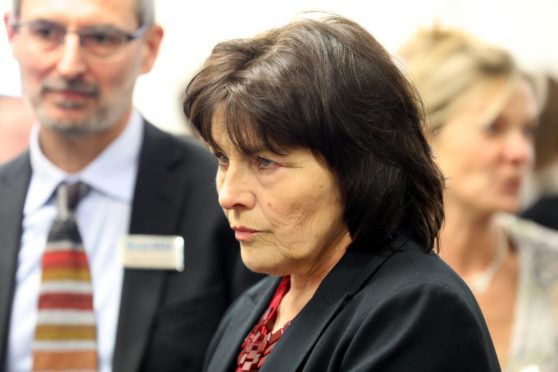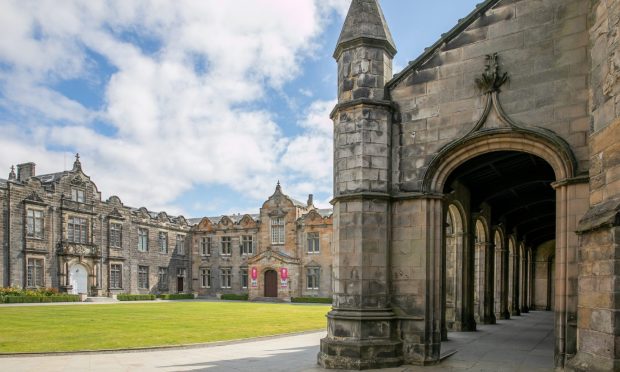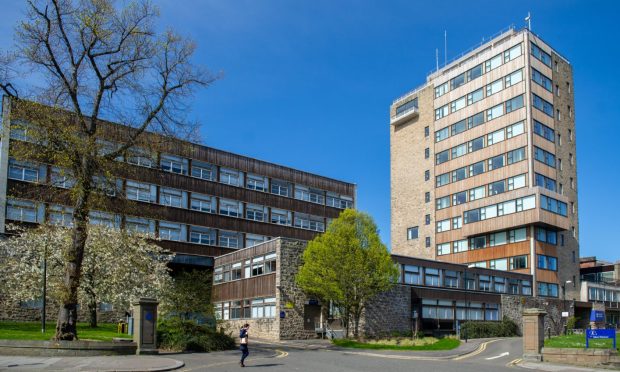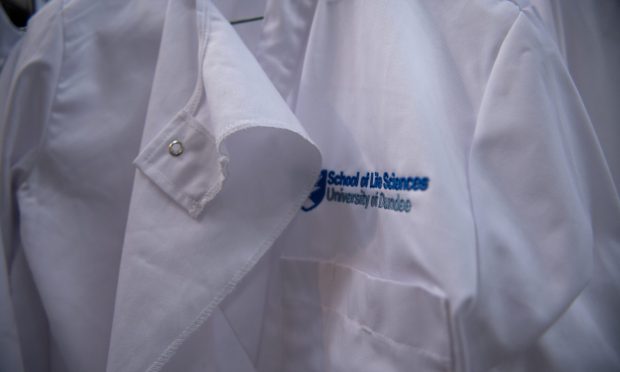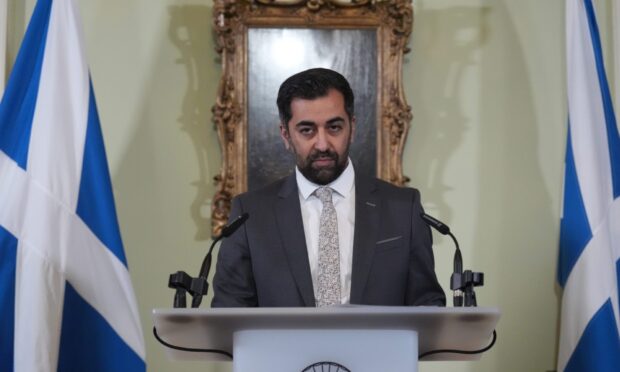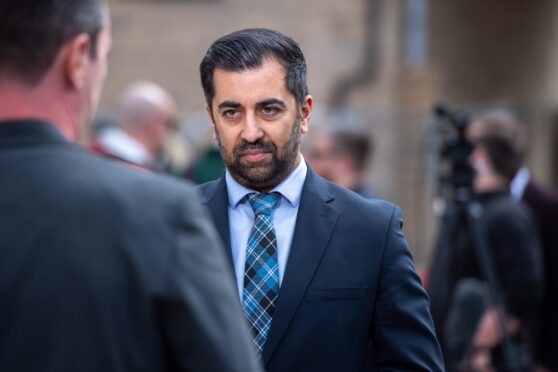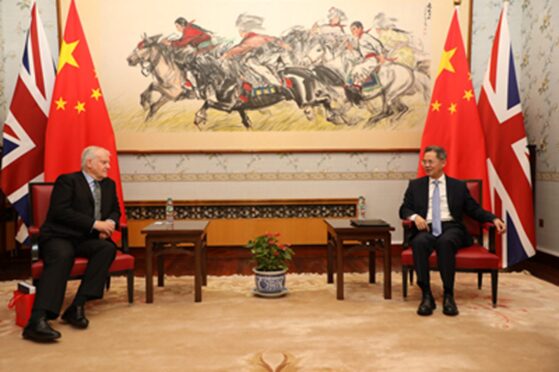NHS Tayside has been lifted out of emergency measures despite continuing to overspend by £1.5 million a month.
Health Secretary Jeane Freeman upgraded the financially-troubled health board from the highest alert level on the back of an independent report finding it is on the “road to recovery”.
However, Sir Lewis Ritchie’s assessment also warns “much more needs to be done” and that key changes at the Dundee-based organisation have “taken much longer than expected”.
Ms Freeman said the improvements identified by the Assurance and Advisory Group allows her to reclassify Tayside in stage four under the NHS board performance escalation framework.
Tayside has been at stage five since April last year, the most severe category which means the board is “unable to deliver effective care” and Scottish Government intervention is required.
In the report published on Monday, Sir Lewis said the board is on course to overspend by £18.7 million in 2018-19, which is no worse than the estimate at the start of the year.
The former GP said: “The board has made substantial improvements in controlling and reducing expenditure, with the monthly overspend reducing by over 20% from £1.9m per month between April and June to an average of £1.5m from July 2018 to January 2019.”
The report said the board has made more savings than expected thanks to less reliance on agency nurses, a reduced medicine bill, “efficiency and productivity” improvements in care and cutting costs in procurement and estates.
“On consideration of the most recent evidence, our overall observation would be that NHS Tayside has made progress towards addressing each of the 10 recommendations in our initial staging report published in June 2017,” Sir Lewis said.
“While we are of the view that NHS Tayside is on the road to recovery, much more needs to be done.
“Encouraging incremental change has happened but transformational change still beckons and is imperative.”
The board has been unable to balance the books without government loans since 2012, a deficit fuelled by high levels of spending on staff, prescriptions and buildings.
The financial disarray led to the board dipping into charity funds to cover day-to-day spending, which was exposed in April last year.
Reacting to the AAG findings, Ms Freeman said: “On the basis of these encouraging results, it is the right time to bring NHS Tayside into line with other boards in a similar position and re-designate it as stage four in the board escalation framework.
“However, this is just the start of the journey for the new chief executive Grant Archibald in making services the best they can be for patients of NHS Tayside.
“We will continue to work closely with the board in achieving its aims over the coming months and years.”
Tayside joins the Borders and Highland boards at stage four, which warns of “significant risks” in areas such as financial performance or safety, requiring “senior level external support”.
No sanctions for using donations to cut NHS deficit
Health bosses who dipped into a charitable fund to cover general health spending will not face any sanctions.
The group commissioned by the Scottish Government to review the health board’s performance confirmed “no further action” would be taken against the board members and trustees.
It was revealed last year that trustees of Tayside’s endowment fund, who also sat on the health board, suspended the charity’s own rules in 2014 to use £3.6m of donations to cover day-to-day NHS expenditure.
A report published by the Office of the Scottish Charities Regulator (OSCR) earlier this month said using the funds as a way of reducing the NHS Tayside deficit rather than acting in the charity’s interests amounted to misconduct.
It also highlighted serious concerns about how the decision-making process was handled.
However, OSCR was satisfied the donations were used for projects “that were advancing the health of the people of Tayside”, a condition for allocating funds from the charitable Tayside Health Fund.
In its report on Monday, the Assurance and Advisory Group report said: “No further action is to be taken in respect of the charitable trustee or of individuals involved in those processes.”
Scottish Conservative Bill Bowman said the report shows no-one is being held responsible despite it being found that “wrong choices were made at the highest level”.
“We are no closer to finding out who knew what, when, and who is ultimately responsible,” the North East MSP said.
